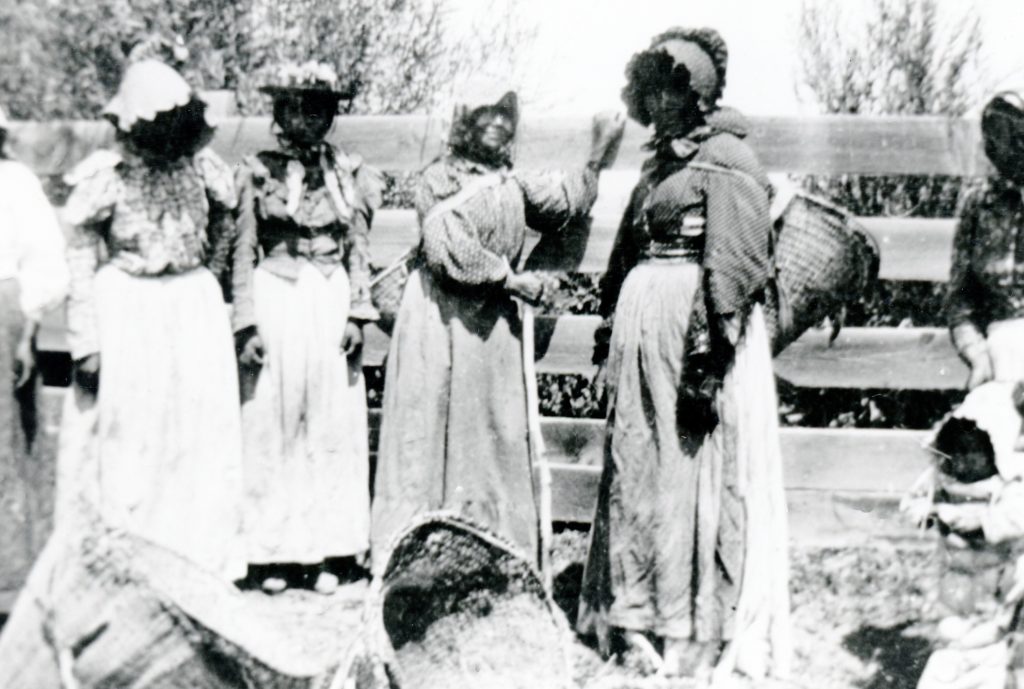
On April 26, 1856, twenty settlers in the Honey Lake Valley gathered at Isaac Roop’s Trading Post and held a “mass convention” to establish a territory of their own. They named their new republic Nataqua. It was purported that the name was a Paiute word for woman. That claim is rather dubious. Nataqua Territory was a short lived affair, and it was soon replaced with the Sierra Nevada Territory.
Locally, the Anglos used term Mahala for designation of Native American women. A number of these women worked as domestics such cleaning and washing. Willow Creek Valley resident Abe Tunison for instance wrote in his diary on May 28, 1877 “A Mahala was here and washed.”
During the late 1800s’ the term squaw was used infrequently and usually derogatory manner, i.e, there are many newspaper citations of a “drunken squaw.”
Tim
According to Archeologist and Lassen Countyite Francis Riddell, “Mahala” was acceptable to the Native Americans, and I know the word was commonly used by Whites in the Lookout-Adin area.